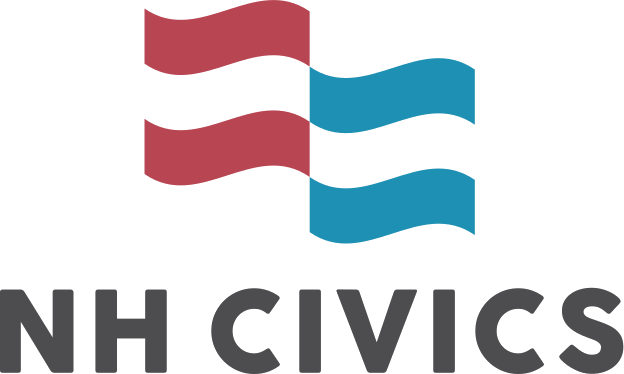Constitutional Values – Virtual
Goal(s):
Students will be able to examine the U.S. Supreme Court’s power of judicial review and critique the various approaches justices take when interpreting the Constitution. Further, students will understand how the constitutional right to free speech has evolved over time.
Students will understand that:
- The U.S. Supreme Court is the supreme authority over the meaning of the U.S. Constitution and has changed its interpretation of the Constitution over time.
- Supreme Court justices have differing approaches to constitutional interpretation.
- The Court’s decisions have a profound impact on everyday lives of American citizens.
- Changing interpretations of the Constitution allow it to keep up with the times.
Essential Questions:
- How was the power of judicial review established?
- What basic approaches to constitutional interpretation have justices of the Supreme Court adopted?
- How can opposing judicial philosophies have an affect on constitutional interpretation?
- How has the interpretation of the First Amendment changed over time?
- What rights are afforded to American citizens under the First Amendment?
Students will know:
- Important terms regarding judicial review, constitutional interpretation, and the First Amendment.
- Key facts about establishing the principle of judicial review and how the Supreme Court has exercised that power over time.
- Key Supreme Court cases on constitutional interpretation and the Bill of Rights.
- Key Supreme Court cases on the First Amendment and free speech.
“This workshop was fabulous. I really needed ways to incorporate social studies into what I already do (English/Language Arts) I feel I accomplished this here. The presenters were awesome.”
Looking for more information?
Please contact us with any questions you may have about any of our programs or would like additional information.
